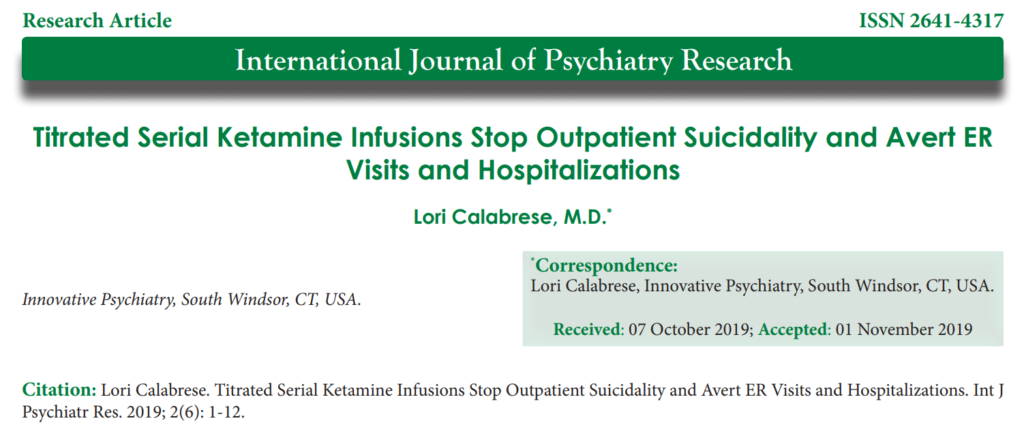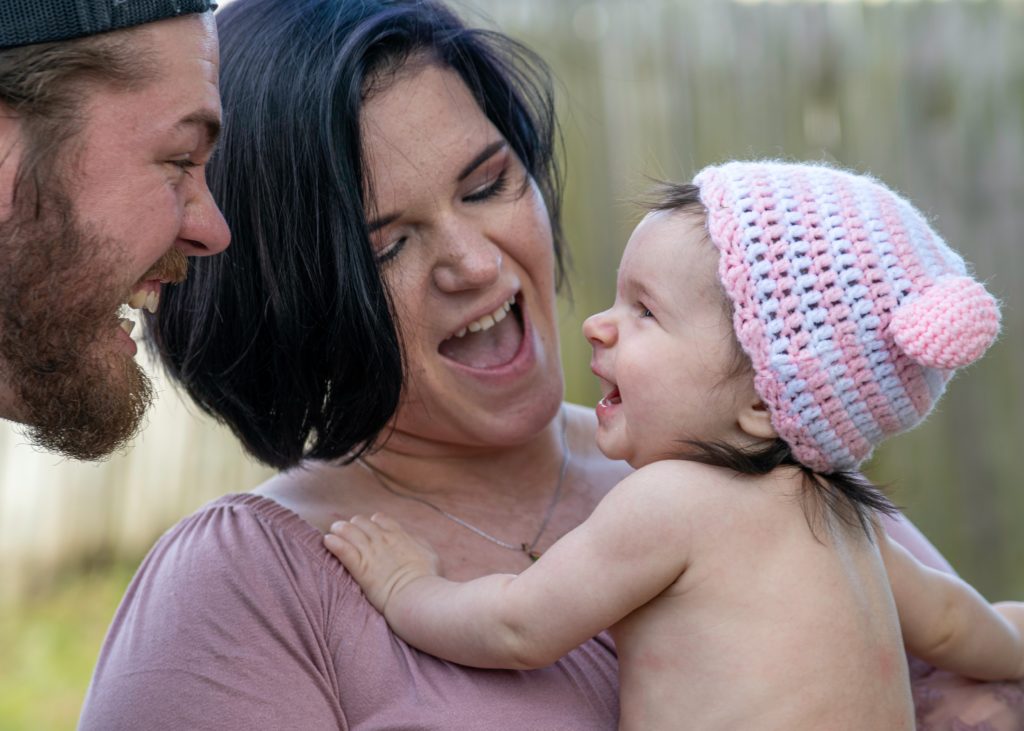October is National Depression Awareness Month and October 8 is Depression Screening Day

40 million US adults struggle with depression and/or anxiety. But not everyone who struggles recognizes they even have an identifiable or treatable condition, or that they need treatment. That’s why there are tools that you can use to help identify the symptoms and figure out if you might want to consider seeking treatment. This week, participate with people you love so you can recognize and identify depression. It can be lifesaving. For so many, it’s both. And like pedals propel the chain on a bicycle, depression and anxiety can just keep aggravating and perpetuating each other until you feel like you’re losing your footing.
There was a time 20 years ago when society as a whole wasn’t aware of depression. There were all sorts of judgmental criticisms of those who suffered. So there is good reason to have a dedicated day — nationally — to draw attention to a condition that needs to be identified and treated.
Apparently, it’s working, right?
So let’s talk about screening.
It’s important to know if you’ve just had a tiring day…or if you’re actually bearing the weight of a condition. Depression can present itself as mild to severe and anywhere in between.
And while you may be able to get by with mild depression …in fact, you may be able to get through it with healthy activities, fresh air, good diet, and time to relax, severe depression probably is a sign you need treatment so you can function and recover.
To recognize and identify depression in yourself or those you love is so much better than ignoring symptoms and behaviors you don’t understand.
A screening tool measures – with your help – how you feel about your daily routine, about your energy, your sleep, your ability to concentrate, and your feelings about your life and future.
You can google “depression assessment tool” and take the little test to give you a somewhat objective impression. These tools are designed after a tool doctors use to help assess the severity of depressive symptoms called a PHQ-9.
Of course, tools like this aren’t intended to take the place of your psychiatrist, but using the tool informally may alert you to consider making an appointment.
To take it the next step.
Some people –you, maybe– have been moderately to severely depressed for so long, that your mood can lighten and you find your feel some relief but the screening tool still shows you’re moderately or moderately severely depressed. And it could be that you were actually severely depressed before you felt a lightening.
But with moderately or moderately severe depression, you should be under the care of a psychiatrist, to help you avoid a dangerous condition.

Remember, those tools can help you recognize your symptoms, get an idea of how severe they are and help you make a decision to see your doctor. Your psychiatrist will use a variety of screen tools, evolution, interview assessments, medical history, and more.
So you need to know what to look for in adults, teens, and children, don’t you?
1. Do you feel empty? It may feel like sadness, or futility, too.
2. Do you feel irritable..? Do you find you’re just short tempered and easily agitated?
3. Do you find you’re getting too thin, or maybe you’re suddenly gaining weight like crazy?
4. Do you think about death, about dying, about yourself dying or someone else?
5. Is it hard to focus, concentrate, on your work, or a newspaper, or TV?
As we stop to think about awareness and education toward recognizing depression in others, and offering support, there are some points we can celebrate as being positives that seem to come from depression.
For example, you may not realize that people who have suffered from depression tend to have more capacity for treating others with compassion. They often find they are less judgmental and have more capacity for understanding in what other suffer in life, and this is interesting:
They tend to be more analytical.
So they can break down complex problems into smaller, more manageable parts than those who haven’t experienced depression, and they often actually perform better on certain tests.
Interesting, isn’t it?
Still, what’s far more interesting is to utilize ways to recognize and identify depression so you can do something about it. To find the treatment that will restore, refresh, and help you feel good again.
Antidepressants
While it’s true that 35-60% of the people who have been diagnosed with depression respond to the first or second trial of oral antidepressants, there are about 35% who don’t respond to anything.
These cases are often among the most severe, and many have considered their depression to be treatment resistant. (The depression is treatment-resistant — not the person!) You can imagine why many attempts to receive effective treatment over months, years, even decades can result in feelings of futility.

But in the last decade or so, IV ketamine treatment has become such a rapid and effective alternative treatment, that many have come to consider it their treatment of choice when nothing else has worked.
Let me be clear though, that no one treatment is the treatment of choice for all depressed patients.
Even so, even among that 35% who haven’t found help with other medicines or treatments, IV ketamine treatment can be effective.
“Effective” means that you could respond. Even better, “effective” means that you could REMIT.
Picture remission like this…energy to meet friends for lunch and really enjoy your time with them, resilience to perform well at work and excel in your job, to bounce back from disappointment, and to build strong healthy relationships.
And there’s more. Suicidal thinking is a life-threatening symptom of severe depression. IV Ketamine is also an extraordinary treatment to stop suicidal thoughts.
Our study on ketamine’s effectiveness to stop suicidal thinking in the office in our patients with depression demonstrates ketamine’s potential for this life threatening symptom in a real world population of real people with complicated histories and hard lives. It can prevent that trip to the ER. It can help avoid a hospitalization.

Our patients commonly go through ketamine treatment in our office over a couple weeks — and many emerge feeling wonderful. Ready to take on challenges, with the sparkle to be contribute, work with others, and be creative.

At Innovative Psychiatry, trying to do our best to help you and your family hasn’t stopped or slowed down because of the coronavirus pandemic. We continue to improve our protocols and technology for maintaining a safe environment for you.
If you struggle with depression and have not found effective treatment, call us.
Get with your loved ones and screen for depression this week. Reach out and take steps to recognize and identify depression in yourself or loved ones.
And if you’ve suffered from unimproved depression, or if you find you’re thoughts filled with death images or plans, call us.
The National Suicide Prevention Lifeline: 1-800-273-TALK (8255)
Sometimes the only person who can take care of you is you. Take care of yourself and reach out for help when you need it.
There really is hope available so you, your fulfillment, and your future.
We’re want to help you find relief from the emptiness, the despair, the futility, and instead experience the joy of living a rewarding life.

To the restoration of your best self,

We can all help prevent suicide. The National Suicide Prevention Lifeline provides 24/7, free and confidential support for people in distress, as well as prevention and crisis resources for you or your loved ones.
The National Suicide Prevention Lifeline 1-800-273-TALK (8255)
The Veterans Crisis Line and Military Crisis Line 1-800-273-8255 Press 1
Crisis Text Line: 741-741 Free text hotline 24/7